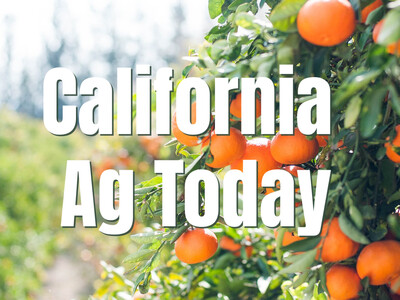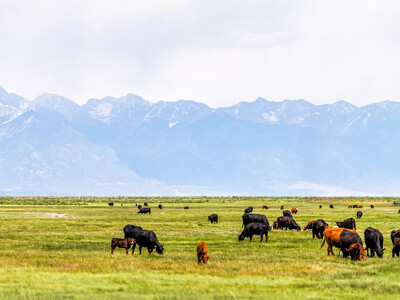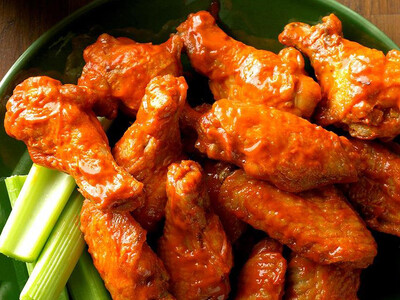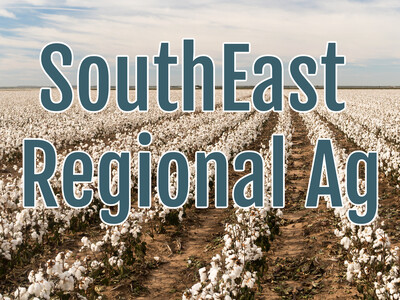WORM Farming
A restaurateur in downtown Boise has been “farming” worms for 16 years as a way to reduce food waste.Urban Worm, established in 2005 and located in a basement in the heart of downtown Boise, feeds food waste to thousands of red wiggler worms, which turn the waste into worm castings that are sold at farmers' markets as organic fertilizer to home gardeners.
The food waste comes from Bittercreek Alehouse, Diablo and Sons, and Red Feather Lounge, three eateries owned by Dave Krick.
The worms, which are housed in two bins that are each eight feet long, four feet wide, and two feet deep, are fed vegetable scraps and other produce waste, as well as spent grains from a pilot beer brewery. They consume the waste and turn it into worm castings.
“We’re farming worms,” Krick says. “It’s like livestock; we’re feeding them food waste and they’re eating it and” turning it into a product.
Over the course of the week, the food waste is collected from the eateries and placed in a giant trash bin. It is then run through a special machine that mulches the food with water to make a type of food waste slushy. The slushy then goes into a dehydrator, which shoots out confetti food particles that are ready to be digested by the worms.
The food is put into the bins, which contain thousands of worms each and are set up as a flow-through system. The worms are fed from the top of the bins and the castings are harvested off the bottom of the bins, which have screens on a roller-blade system that allows the castings to be shaved off before the screens are rolled back into place.
“We just put the food waste right on top and let the worms go to town on it,” says Nick Baltes, one of the restaurants’ senior managers who oversees the worm farm. “Worm casting compost is one of the best you can get out there and it’s highly prized among gardeners.”
As much as 200 pounds a week of worm castings can be produced in the bins, which are kept in the basement below the three eateries, which are located on 8th Street in downtown Boise.
The bins were custom-made and each one is filled with thousands of red wigglers, which are a type of earthworm commonly used in composting. The worms’ only mission in life is to eat and they do that well, Baltes says. Farming worms in downtown Boise
A restaurateur in downtown Boise has been “farming” worms for 16 years as a way to reduce food waste.
Urban Worm, established in 2005 and located in a basement in the heart of downtown Boise, feeds food waste to thousands of red wiggler worms, which turn the waste into worm castings that are sold at farmers' markets as organic fertilizer to home gardeners.
The food waste comes from Bittercreek Alehouse, Diablo and Sons, and Red Feather Lounge, three eateries owned by Dave Krick.
The worms, which are housed in two bins that are each eight feet long, four feet wide, and two feet deep, are fed vegetable scraps and other produce waste, as well as spent grains from a pilot beer brewery. They consume the waste and turn it into worm castings.
“We’re farming worms,” Krick says. “It’s like livestock; we’re feeding them food waste and they’re eating it and” turning it into a product.
Over the course of the week, the food waste is collected from the eateries and placed in a giant trash bin. It is then run through a special machine that mulches the food with water to make a type of food waste slushy. The slushy then goes into a dehydrator, which shoots out confetti food particles that are ready to be digested by the worms.
The food is put into the bins, which contain thousands of worms each and are set up as a flow-through system. The worms are fed from the top of the bins and the castings are harvested off the bottom of the bins, which have screens on a roller-blade system that allows the castings to be shaved off before the screens are rolled back into place.
“We just put the food waste right on top and let the worms go to town on it,” says Nick Baltes, one of the restaurants’ senior managers who oversees the worm farm. “Worm casting compost is one of the best you can get out there and it’s highly prized among gardeners.”
As much as 200 pounds a week of worm castings can be produced in the bins, which are kept in the basement below the three eateries, which are located on 8th Street in downtown Boise.
The bins were custom-made and each one is filled with thousands of red wigglers, which are a type of earthworm commonly used in composting. The worms’ only mission in life is to eat and they do that well, Baltes says.













